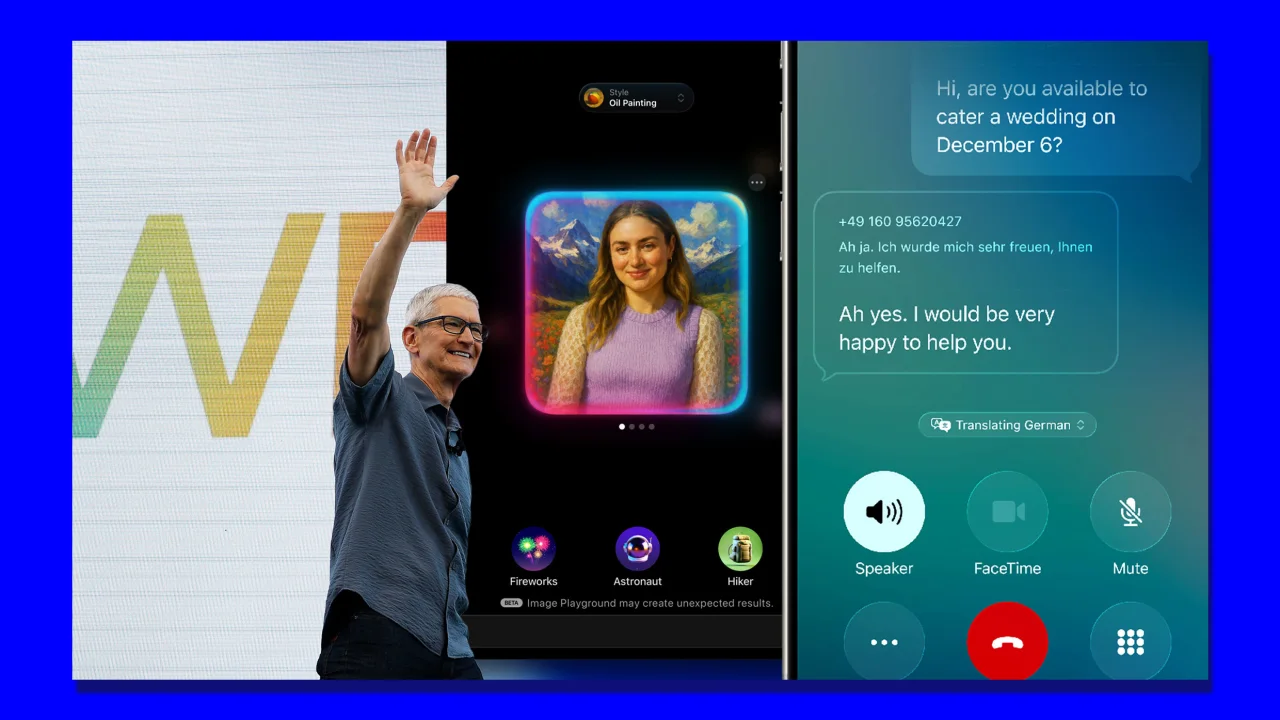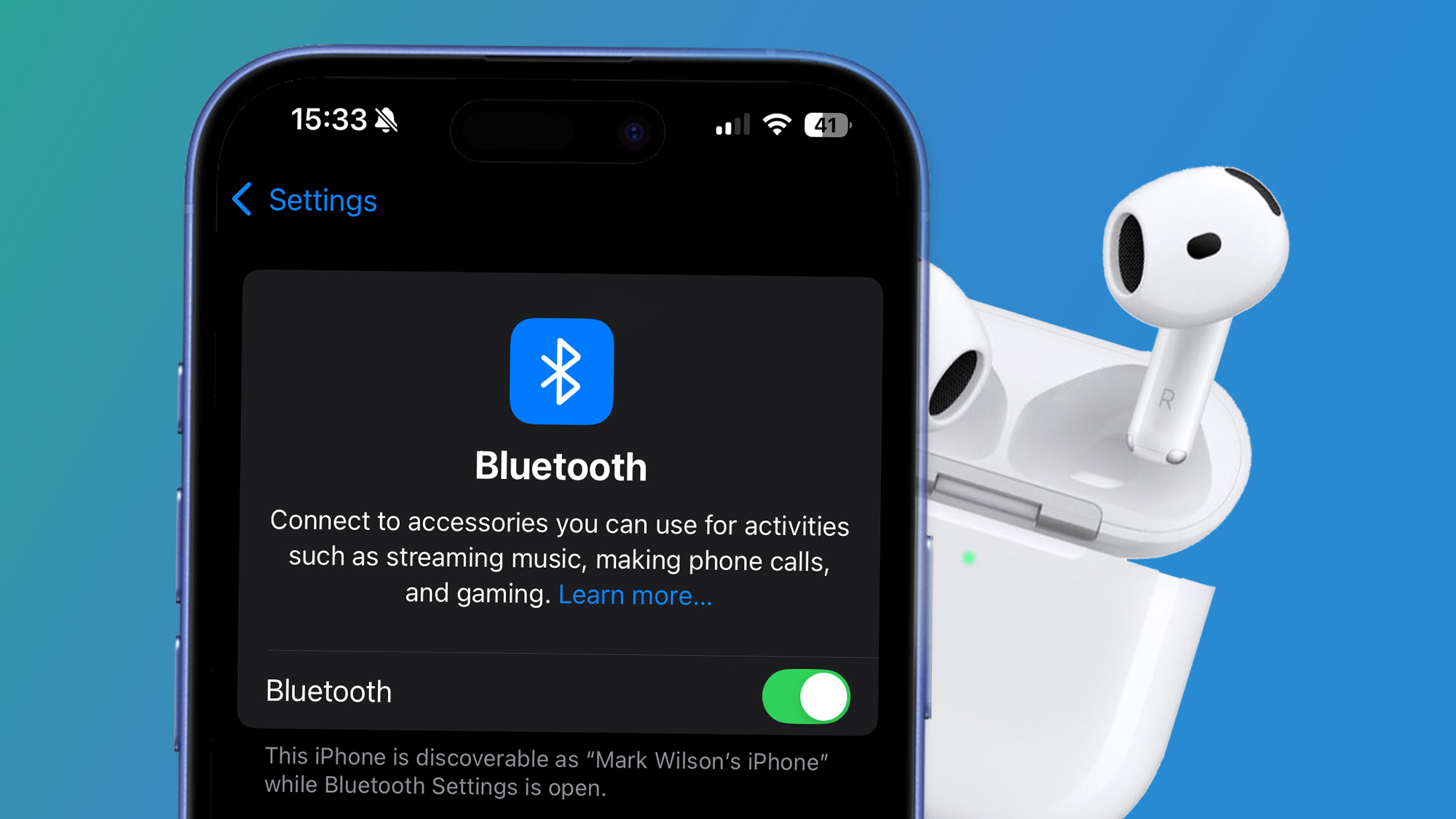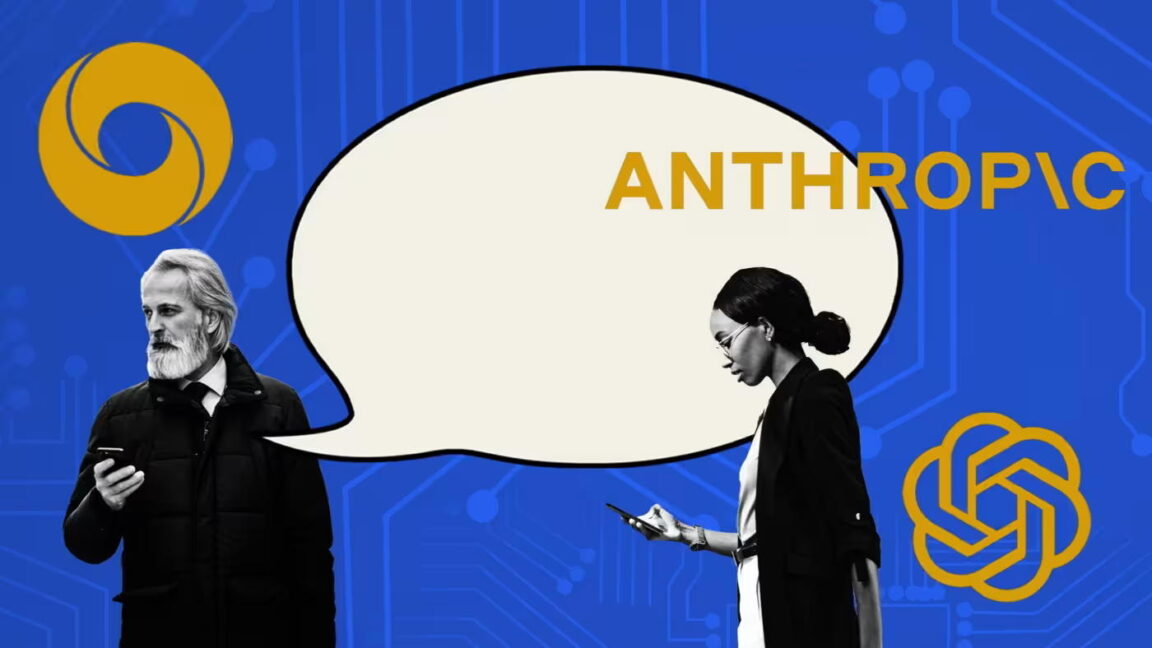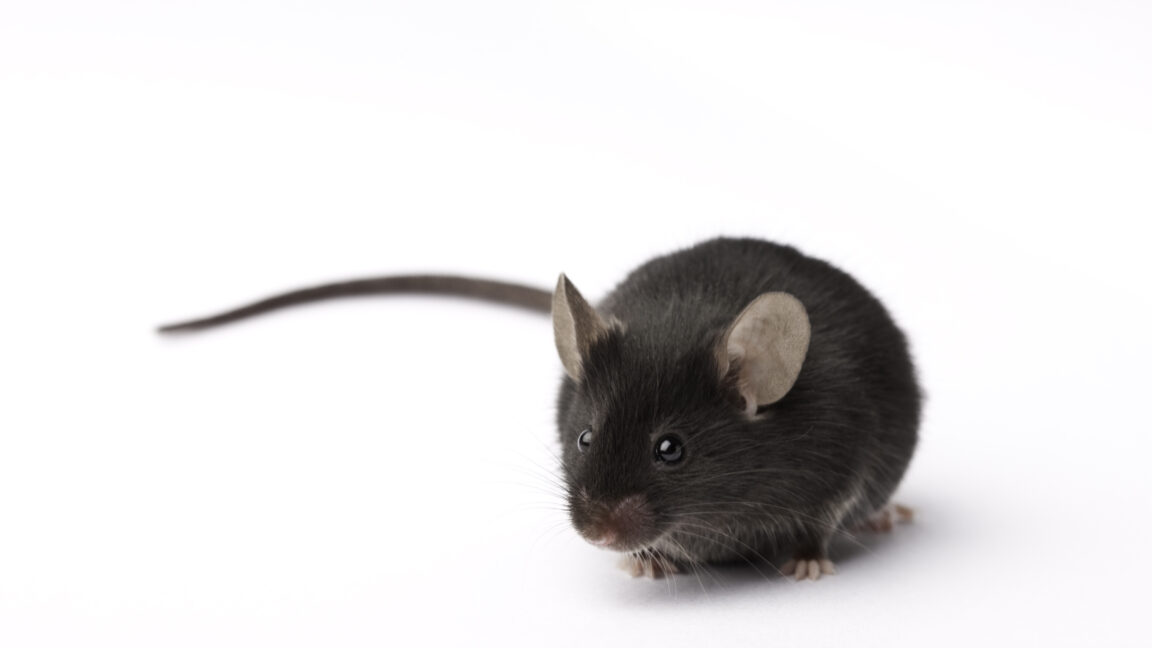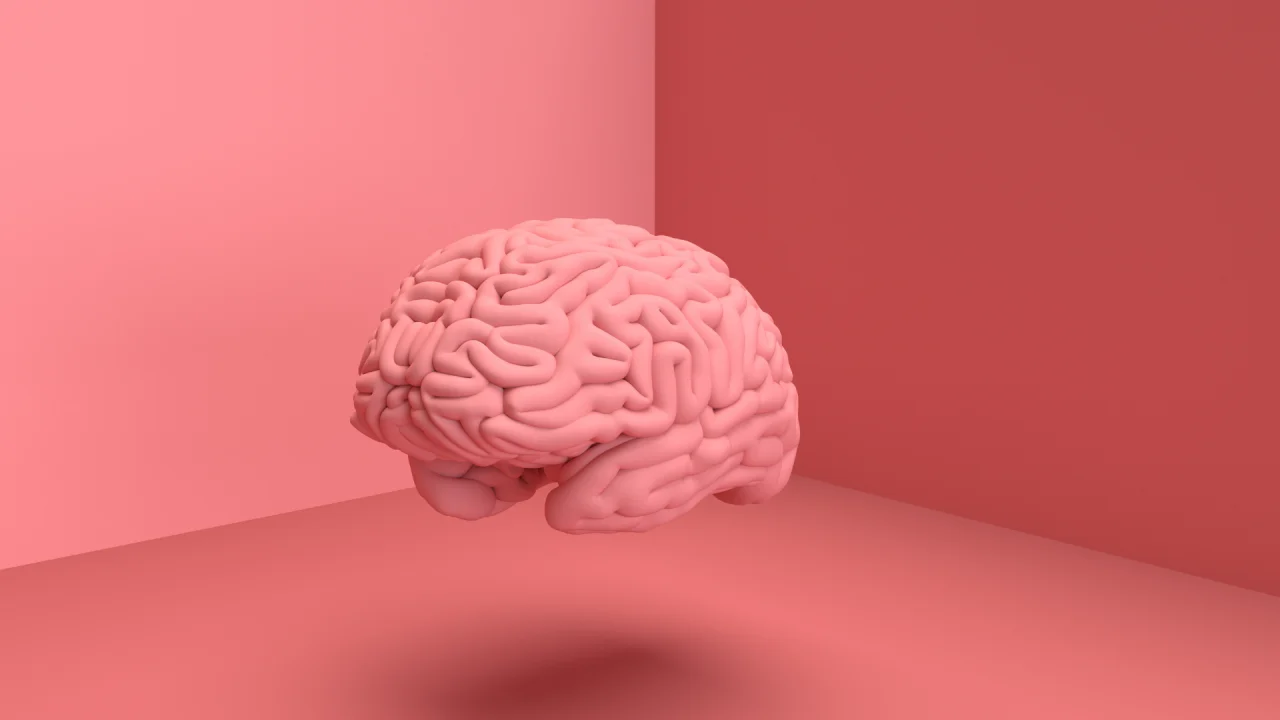5 ways to rewire your brain for happiness
The United States ranks 24th out of 100 on the list of happiest countries, according to the latest World Happiness Report. Being in the top 25% seems fair when you consider everything that’s happening in the world, but the stats aren’t great when you look at the happiness of people aged 30 and younger. In this demographic, the U.S. falls to number 62 on the list. “It’s unsettling, because it was always youth that pulled the happiness levels up on these scales,” says Jennifer Moss, author of Unlocking Happiness at Work: How a Data-driven Happiness Strategy Fuels Purpose, Passion and Performance. “They’re the ones that are supposed to be the hopeful, pushing-back-against-the-status-quo generation. Right now, they’re struggling, and I think this is the canary in the coal mine.” Still, the report found a lot of good in the world. Participants were asked “Have you helped a stranger or someone you didn’t know who needed help in the past month?” Seventy-one percent of Americans said “yes.” That seems like a reason for hope, right? “In reality, we’re actually more prosocial than we’ve ever been,” says Moss. “We just hear about how awful and terrible and unhappy the world is.” Happiness is ultimately a choice, says Moss. If you are feeling unhappy, it’s possible to rewire your brain for more positivity. Here are five things you can do today. 1. Surround Yourself with Happy Friends Ever walk into a room after two people are fighting and immediately feel awkward or tense? Or maybe you hear laughter down the hall, start smiling yourself, and get up to see what’s going on? Absorbing the emotions of others around you is called the contagion effect, and it can be beneficial. A study published in the British Medical Journal found that proximity and time spent with a happy friend, sibling, parent, or neighbor increases your own happiness by as much as 34%. “We have a relational energy with other people,” says Moss. “We can use the contagion effect for ourselves [by spending more time with people who are happy].” 2. Look for Abundance Henry Ford once said, “Whether you think you can or you think you can’t—you’re right.” In other words, what you expect is often what you get. This attitude trickles over into happiness, as well. Instead of being disappointed by what you don’t have, focus on what you do. Shifting your mindset from scarcity to abundance can rewire your brain, says Moss. “It’s called attention retraining,” says Moss. “It’s an exercise for your prefrontal cortex. The more you use it, the stronger it becomes. When you’re going through stress or feeling low, this exercise can pull you out of the feeling that everything is hopeless.” Take it one step further by keeping a gratitude journal, recording three things you’re thankful for each day. Research published in the Taiwanese Journal of Psychiatry found that happiness and gratitude are interconnected. Thankfulness for even small blessings is associated with an improved mood and a greater sense of happiness. 3. Choose Happiness for Others Another way to boost your happiness is to make someone else happy. For example, grab a coffee for a coworker, pay a genuine compliment, or simply let someone merge in front of you on the way into work. Acts of altruism or kindness stimulate the feel-good chemicals in our bodies, such as serotonin and oxytocin, which regulate our mood, says Moss. “It also increases the connectivity we have with people,” she says. “It makes us more trusting. And when we are engaging in altruism, it lowers our cortisol, which is the stress hormone.” A study published in the Review of General Psychology found that performing five acts of kindness in a single day increases your own happiness beyond that timeframe. “It has a half-life,” says Moss. “It’s like taking medication and having it last for a month.” 4. Seek Out Brief Positive Interactions Another way to boost your happiness is as simple as acknowledging strangers. Research by University of North Carolina at Chapel Hill professor Barbara Fredrickson, Ph.D., published in the Personality and Social Psychology Bulletin found that brief positive interactions, like eye contact or a smile, activates the Vagus nerve, which impacts your nervous system. “She calls it the positivity resonance,” explains Moss. “It activates a part of the brain that calms you down.” Consider this as you navigate the office hallways, step onto an elevator, or encounter people on a walk or in the grocery store line. Those “minimal relationships” you have in passing can help boost happiness and reduce loneliness. 5. Slow Down Finally, make a point to slow down and savor positive experiences. “We’re all going really fast right now, trying to keep up,” says Moss. “Stopping along the way, though, can increase your brain’s capacity to notice and retain positive emotion.” For example, take time to look at an unusual cloud shape or smell the blooming flowers.
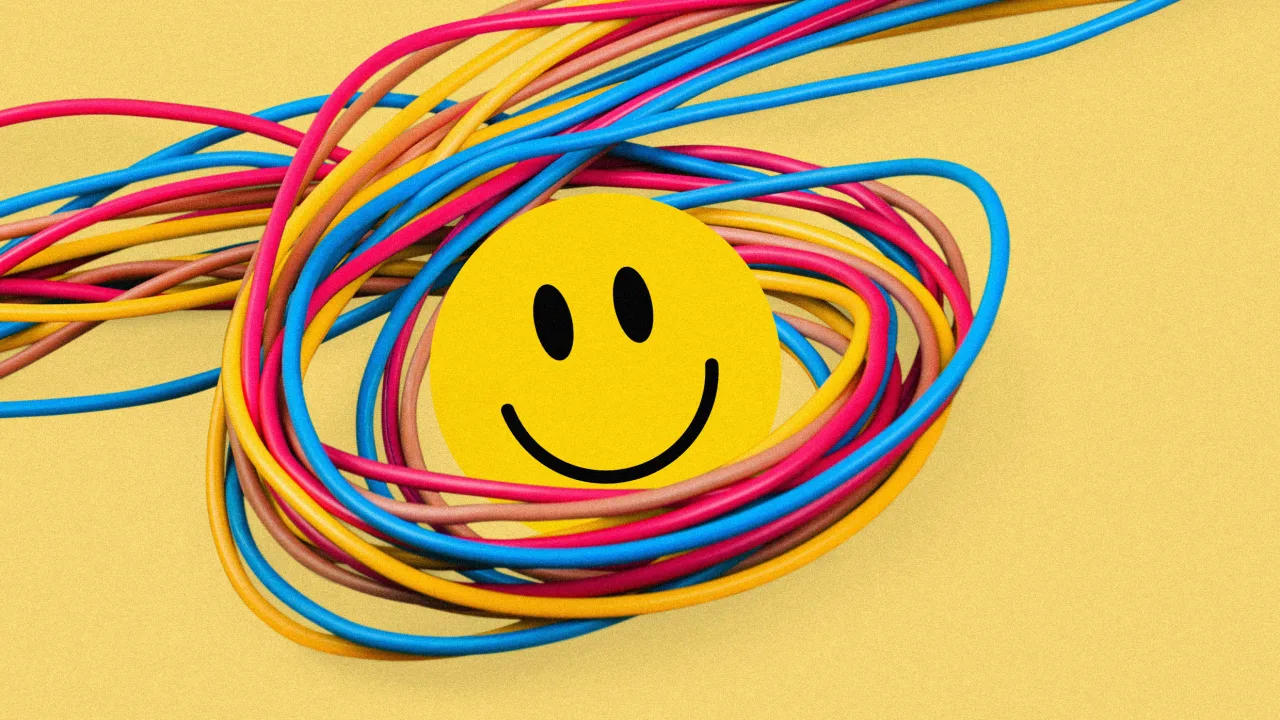
The United States ranks 24th out of 100 on the list of happiest countries, according to the latest World Happiness Report. Being in the top 25% seems fair when you consider everything that’s happening in the world, but the stats aren’t great when you look at the happiness of people aged 30 and younger. In this demographic, the U.S. falls to number 62 on the list.
“It’s unsettling, because it was always youth that pulled the happiness levels up on these scales,” says Jennifer Moss, author of Unlocking Happiness at Work: How a Data-driven Happiness Strategy Fuels Purpose, Passion and Performance. “They’re the ones that are supposed to be the hopeful, pushing-back-against-the-status-quo generation. Right now, they’re struggling, and I think this is the canary in the coal mine.”
Still, the report found a lot of good in the world. Participants were asked “Have you helped a stranger or someone you didn’t know who needed help in the past month?” Seventy-one percent of Americans said “yes.” That seems like a reason for hope, right?
“In reality, we’re actually more prosocial than we’ve ever been,” says Moss. “We just hear about how awful and terrible and unhappy the world is.”
Happiness is ultimately a choice, says Moss. If you are feeling unhappy, it’s possible to rewire your brain for more positivity. Here are five things you can do today.
1. Surround Yourself with Happy Friends
Ever walk into a room after two people are fighting and immediately feel awkward or tense? Or maybe you hear laughter down the hall, start smiling yourself, and get up to see what’s going on?
Absorbing the emotions of others around you is called the contagion effect, and it can be beneficial. A study published in the British Medical Journal found that proximity and time spent with a happy friend, sibling, parent, or neighbor increases your own happiness by as much as 34%.
“We have a relational energy with other people,” says Moss. “We can use the contagion effect for ourselves [by spending more time with people who are happy].”
2. Look for Abundance
Henry Ford once said, “Whether you think you can or you think you can’t—you’re right.” In other words, what you expect is often what you get. This attitude trickles over into happiness, as well. Instead of being disappointed by what you don’t have, focus on what you do. Shifting your mindset from scarcity to abundance can rewire your brain, says Moss.
“It’s called attention retraining,” says Moss. “It’s an exercise for your prefrontal cortex. The more you use it, the stronger it becomes. When you’re going through stress or feeling low, this exercise can pull you out of the feeling that everything is hopeless.”
Take it one step further by keeping a gratitude journal, recording three things you’re thankful for each day. Research published in the Taiwanese Journal of Psychiatry found that happiness and gratitude are interconnected. Thankfulness for even small blessings is associated with an improved mood and a greater sense of happiness.
3. Choose Happiness for Others
Another way to boost your happiness is to make someone else happy. For example, grab a coffee for a coworker, pay a genuine compliment, or simply let someone merge in front of you on the way into work.
Acts of altruism or kindness stimulate the feel-good chemicals in our bodies, such as serotonin and oxytocin, which regulate our mood, says Moss. “It also increases the connectivity we have with people,” she says. “It makes us more trusting. And when we are engaging in altruism, it lowers our cortisol, which is the stress hormone.”
A study published in the Review of General Psychology found that performing five acts of kindness in a single day increases your own happiness beyond that timeframe. “It has a half-life,” says Moss. “It’s like taking medication and having it last for a month.”
4. Seek Out Brief Positive Interactions
Another way to boost your happiness is as simple as acknowledging strangers. Research by University of North Carolina at Chapel Hill professor Barbara Fredrickson, Ph.D., published in the Personality and Social Psychology Bulletin found that brief positive interactions, like eye contact or a smile, activates the Vagus nerve, which impacts your nervous system.
“She calls it the positivity resonance,” explains Moss. “It activates a part of the brain that calms you down.”
Consider this as you navigate the office hallways, step onto an elevator, or encounter people on a walk or in the grocery store line. Those “minimal relationships” you have in passing can help boost happiness and reduce loneliness.
5. Slow Down
Finally, make a point to slow down and savor positive experiences. “We’re all going really fast right now, trying to keep up,” says Moss. “Stopping along the way, though, can increase your brain’s capacity to notice and retain positive emotion.”
For example, take time to look at an unusual cloud shape or smell the blooming flowers. “Reflecting on it can give you joy and appreciation,” says Moss. “We’re in a state of chronic digital distraction, which is weakening the prefrontal cortex—the part of the brain that helps us manage our emotional regulation.”
Making Happiness a Habit
Knowing how to rewire your brain is the first step. The second is to put the actions into play, which can be challenging if you’re feeling unhappy and stressed out. Moss recommends putting reminders on your calendar that nudge you to take a walk in nature, record an entry in your gratitude journal, or make plans with a friend or family member who always boosts your mood.
“Make it a habit or ritual,” she says. “Knowing you have something to do or report to at a certain time can trigger those feel-good chemicals to start before the alarm goes off. You’ll create preemptive healthy emotions, knowing you’re going to do something that makes you happier.”
Don’t be frustrated if in a month you haven’t completely rewired your brain, adds Moss. “Rewiring is about consistency and frequency and fluency,” she says. “Celebrating small wins will provide the positive reinforcement our brains love. The more we do it, the more it becomes easy to practice.”




























































